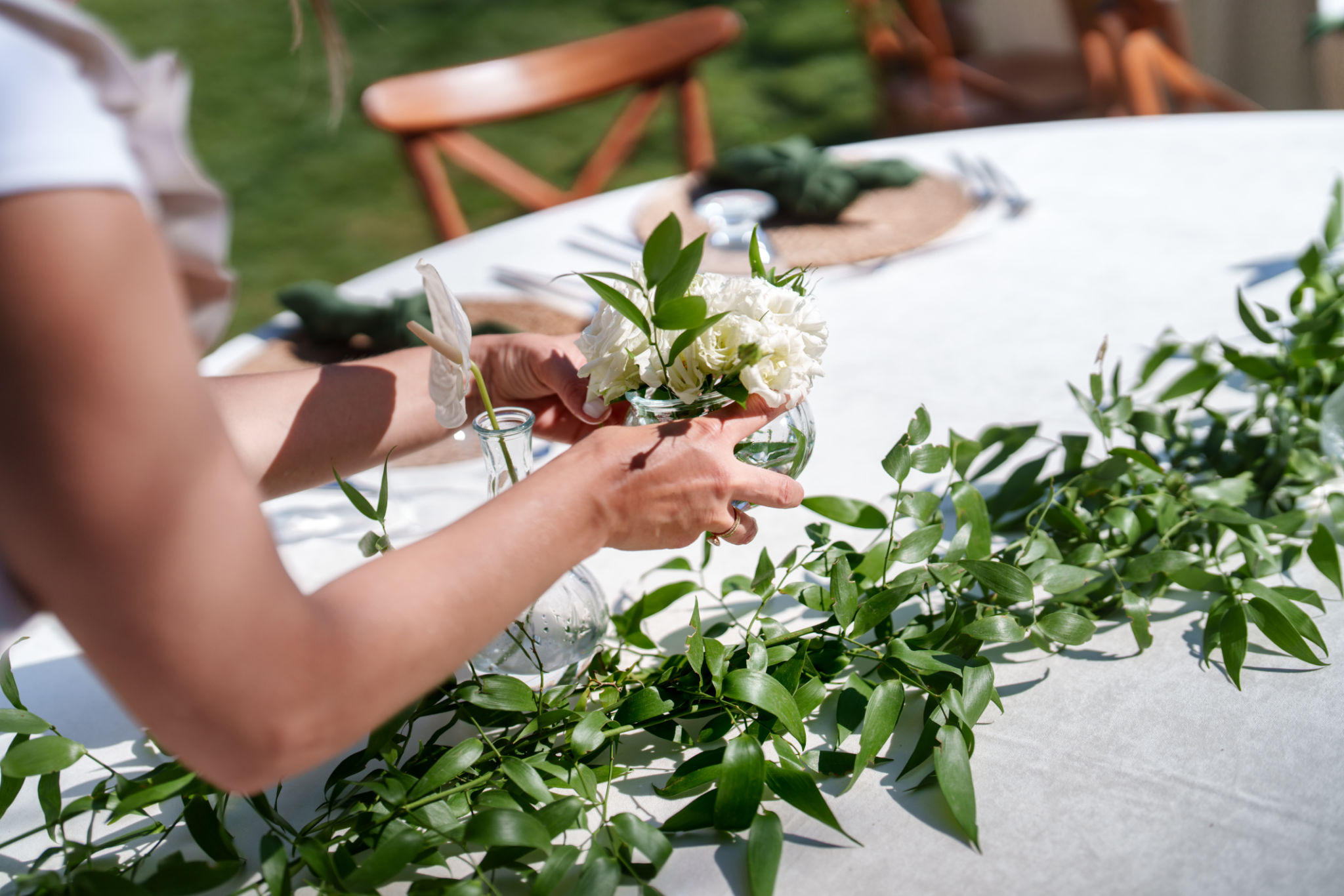DIY Event Planning: Tips and Tricks for a Seamless Experience
Introduction to DIY Event Planning
Planning an event can be a rewarding yet challenging experience. Whether it's a birthday party, wedding, or corporate gathering, taking the DIY route allows for a personal touch and can be budget-friendly. With careful planning and organization, you can ensure a seamless event that will leave a lasting impression on your guests.

Start with a Clear Vision
Begin by envisioning what you want your event to look like. Consider the theme, the number of guests, and the overall atmosphere you wish to create. Having a clear vision will guide all your planning decisions and help keep you focused on the end goal.
Once you have your vision, create a detailed plan. Write down everything you need, from venue options to decoration ideas. This plan will serve as your roadmap, ensuring you don't overlook any important details.

Set a Realistic Budget
One of the most crucial steps in DIY event planning is setting a realistic budget. Determine how much you're willing to spend and allocate funds accordingly. Consider all expenses, including venue rental, catering, decorations, and entertainment. Keep some extra money aside for unexpected costs.
To save money, consider DIY decorations or enlisting the help of friends and family. You'd be surprised how much you can accomplish with a little creativity and teamwork.
Choose the Right Venue
The venue sets the stage for your event. When choosing a location, consider factors such as size, accessibility, and amenities. If hosting at home isn't an option, look for community centers or outdoor spaces that fit your budget and theme.
Remember to book your venue well in advance to avoid last-minute disappointments. Confirm all details with the venue manager and ensure you understand any restrictions or guidelines they may have.

Create a Detailed Timeline
A timeline is essential for keeping your event running smoothly. Outline each stage of the planning process leading up to the event day. Include deadlines for sending invitations, confirming vendors, and setting up decorations.
On the day of the event, have a schedule in place for when things should happen. This will help you stay organized and ensure everything proceeds according to plan.
Focus on Guest Experience
Your guests' experience should be at the forefront of your planning process. Ensure there's ample seating, good lighting, and easy access to food and drinks. Consider what will make your guests comfortable and happy throughout the event.
Engage your guests with interactive elements such as games or photo booths. The more involved they feel, the more memorable the event will be.

Keep Communication Open
Whether you're working alone or with a team, communication is key. Regularly update anyone involved in the planning process on progress and any changes. This ensures everyone is on the same page and helps prevent misunderstandings or last-minute surprises.
Prepare for Contingencies
No matter how well you plan, things can go off course. Prepare for contingencies by having backup plans in place. If you're hosting an outdoor event, have a tent ready in case of rain. Keep extra supplies on hand for any unexpected needs.
Being proactive about potential issues will help keep stress levels down and ensure your event remains on track.

Conclusion
DIY event planning can be an incredibly fulfilling endeavor when approached with careful planning and creativity. By following these tips and tricks, you'll be well on your way to hosting a seamless and successful event that guests will remember fondly for years to come.
